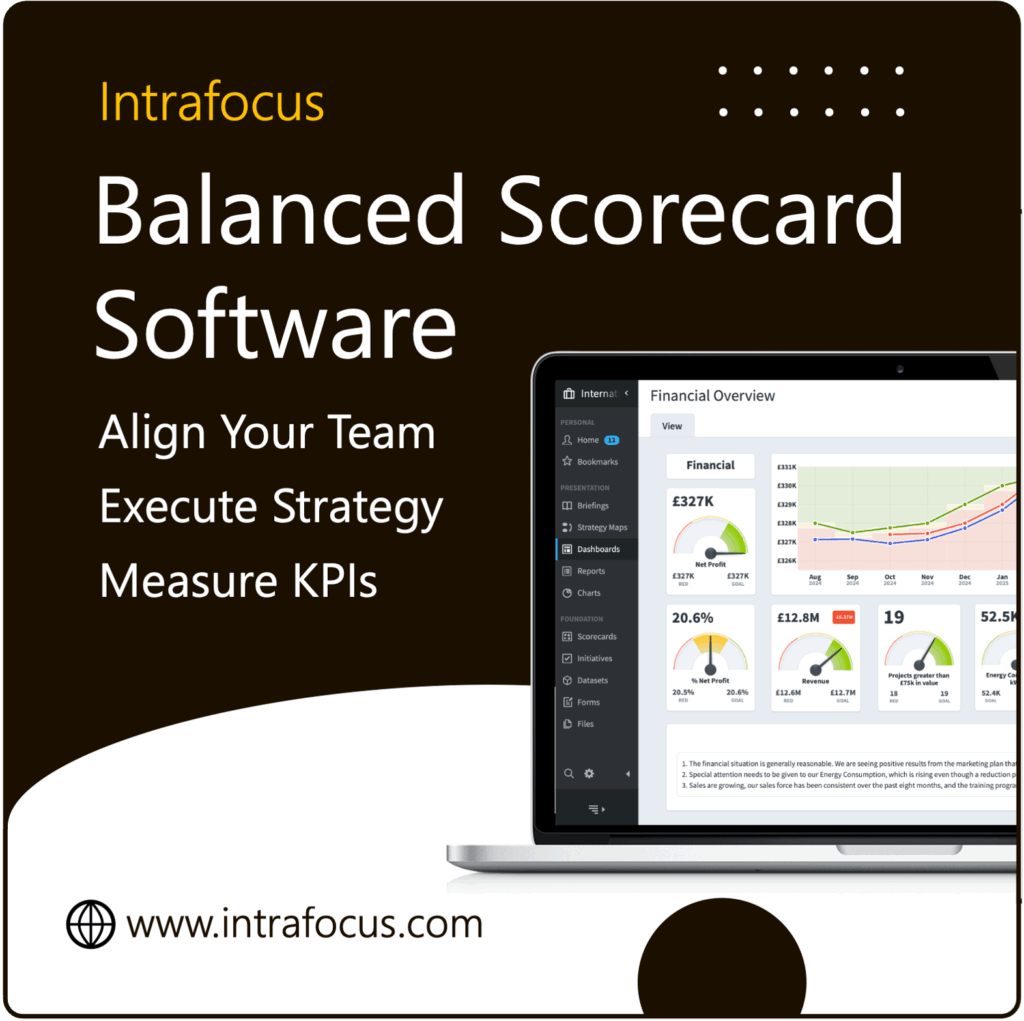Critical Success Factors. To ensure success in strategic planning there are several things that need to be in place before you even start. These usually take the form of an agreement to do things in a particular way. If these ‘principles’ are in place as you set out on your strategic planning journey, you will have a much better chance of creating and implementing a successful plan.
Seven critical success factors are:
1. Engaged Leadership – from the outset the leadership team have to be actively engaged. They need to be seen to support the strategic planning effort and agreed on the methodology. They have to be participants in the process and not just directors or bystanders. They also have to be prepared to make decisions at appropriate times during the process (not just at the beginning and end). A committed and engaged leadership team sets the right tone from the outset.
2. Include Past Plans in the Process – It is unlikely you will be starting with a blank sheet of paper. There will be people in the organisation that have committed time and energy to their own strategic plans. They will want their efforts to be considered and included (and they will want to be thanked for their insights). If their plans or methods do not fit, they must not be rejected without consideration and thought. They may be rejected in the end but the plans must go through the process and the people must be carried along as well.
3. Avoid Rushing to Conclusions – All good strategic planning processes start at the top-most level looking at a company Vision and Mission. These in turn provide the building blocks to describe strategic objectives and strategic outcomes. These will lead to more tactical objectives and outcomes and finally to measurements and initiatives. Do not be tempted to rush to the ‘projects’ stage or to worry unduly about measurement. Follow the process or you will miss something.
4. Be Transparent – The best performing companies keep everyone informed and involved. A recent Victor Vroom study on ‘How employees are motivated’ showed that from an employee perspective the second most important motivational factor was; “Knowing what was going on in the company”. It followed “Appreciation for good work” and was five places ahead of “Good wages”. The surprise factor was that from a management perspective on how employees are motivated, “Knowing what was going on in the company”, was placed tenth!
5. Agree on Terminology – As mentioned above, the leadership team need to agree on a methodology. Once this is done then it should be relatively simple to produce a single set of terminology. It has to be published (be transparent) and can be referred to if there are any question that arise. This may seem a trivial task; however there are many different interpretations of the same or similar words in business, an agreed taxonomy is essential.
6. Plan for Change Management – There is a very good chance that your strategic planning programme will result in changes that need to be implemented in the organisation. This needs to be planned for and a change management team put in place. There is nothing worse than being informed at the last minute that, for example, a business process has changed and a whole new set of IT has to be used to implement it.
7. Strategic Planning Takes Time – Changing the way a business is run has to be planned for carefully. Actually it is a continuous process and therefore a long-term process. The time spent on the elements of a strategic plan need time as well, often disproportionate to the time taken to implement. Albert Einstein famously said:
“If I had a problem on which my life depended and I had only 1 hour in which to solve it, I would spend 40 minutes examining it, 15 minutes reviewing it, and 5 minutes solving it”.
Strategic planning requires the same discipline. For more information on strategic planning a good place to start is the Balanced Scorecard Institute. For more resources related to strategy maps, the balanced scorecard and defining meaningful KPIs, take a look at the Intrafocus Resource pages.
End of Critical Success Factors



